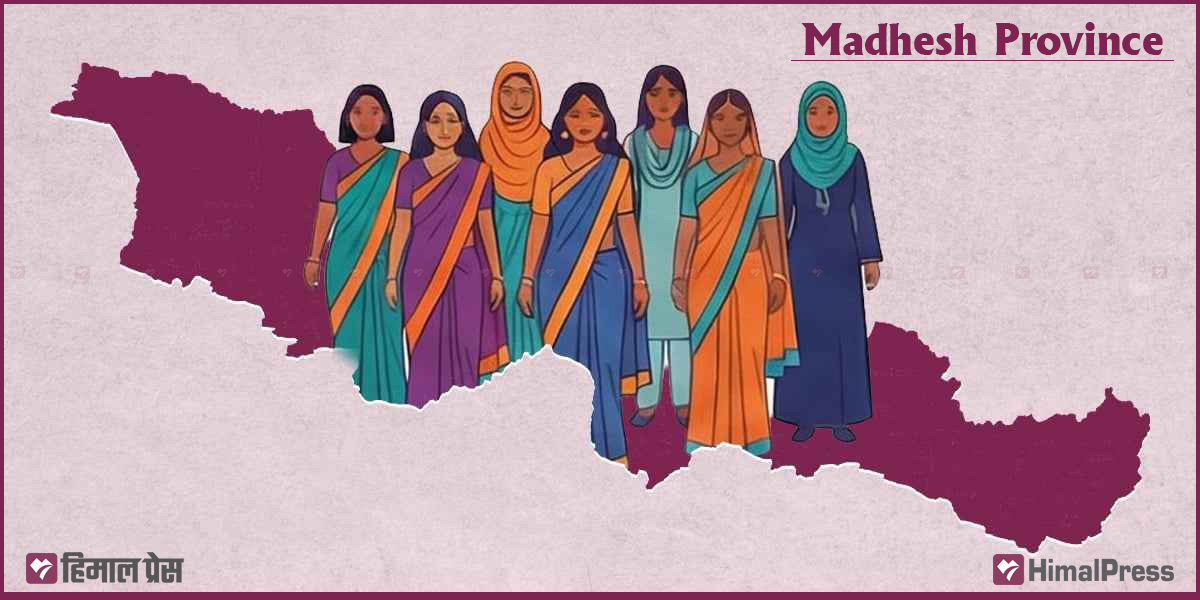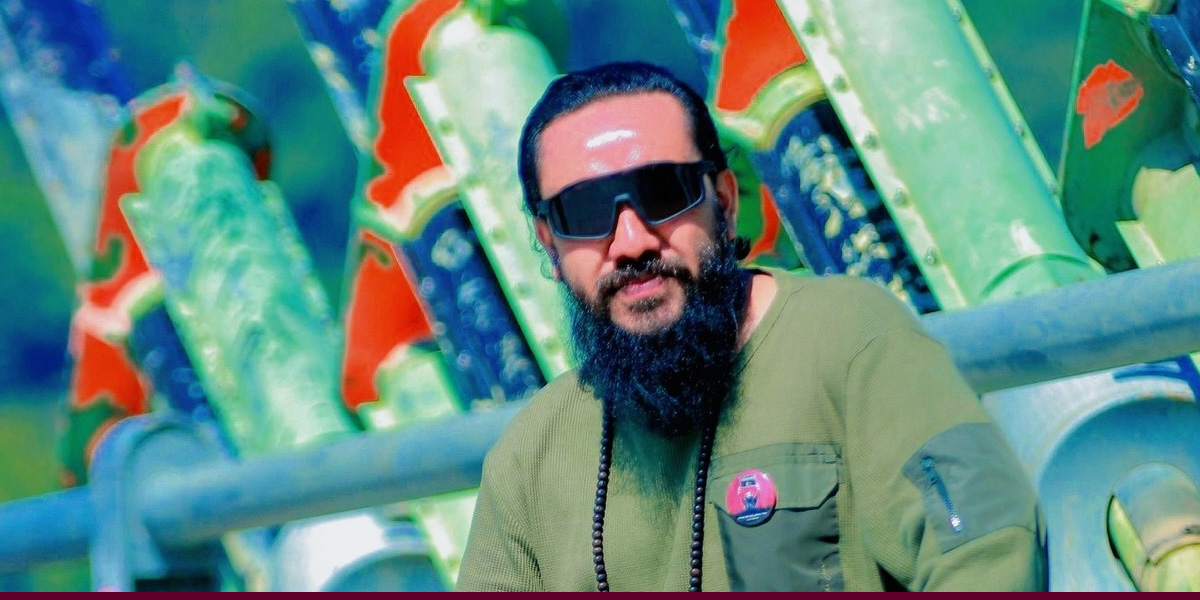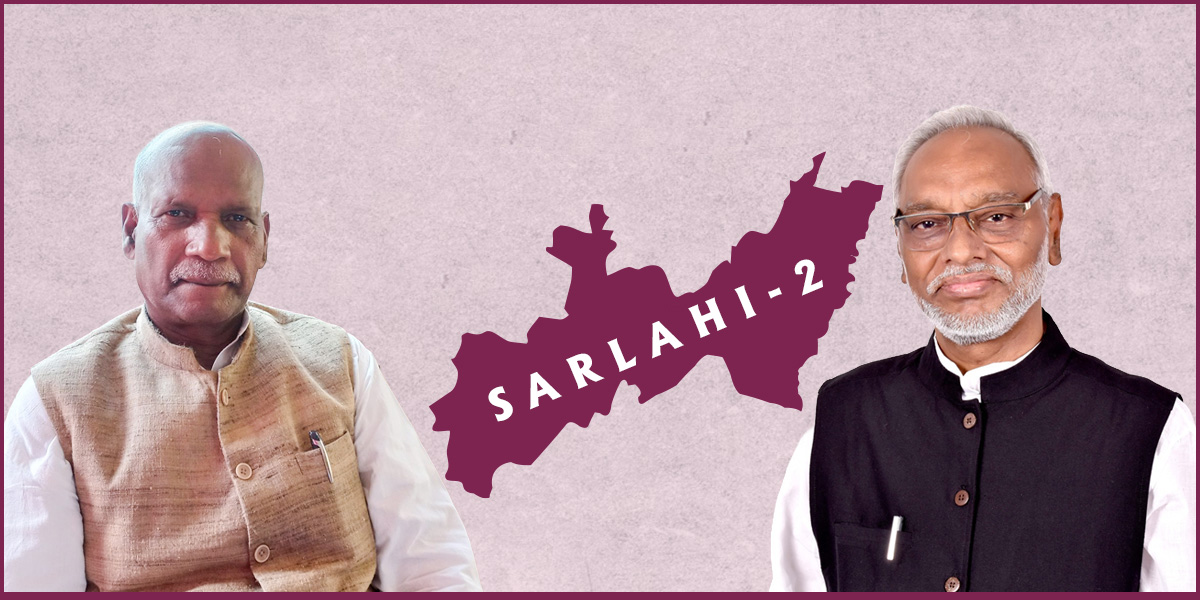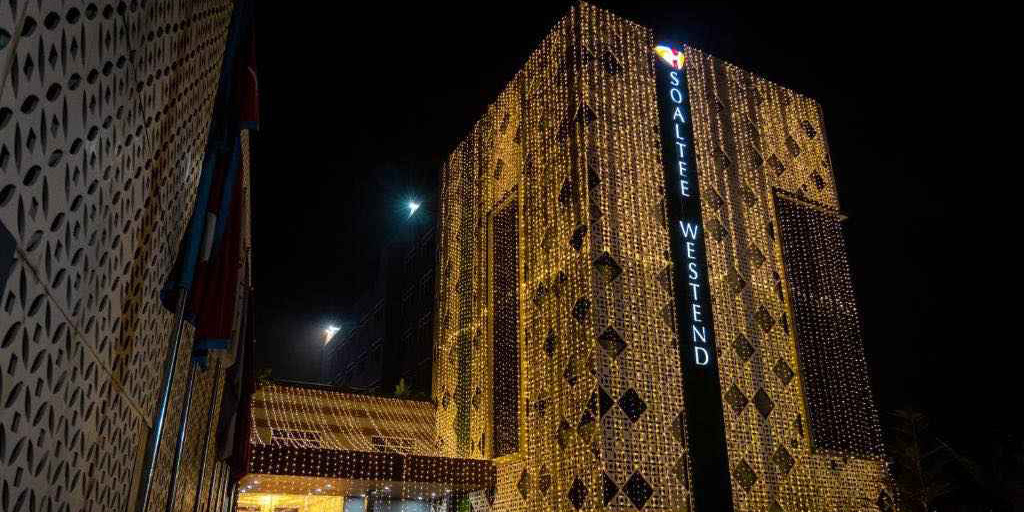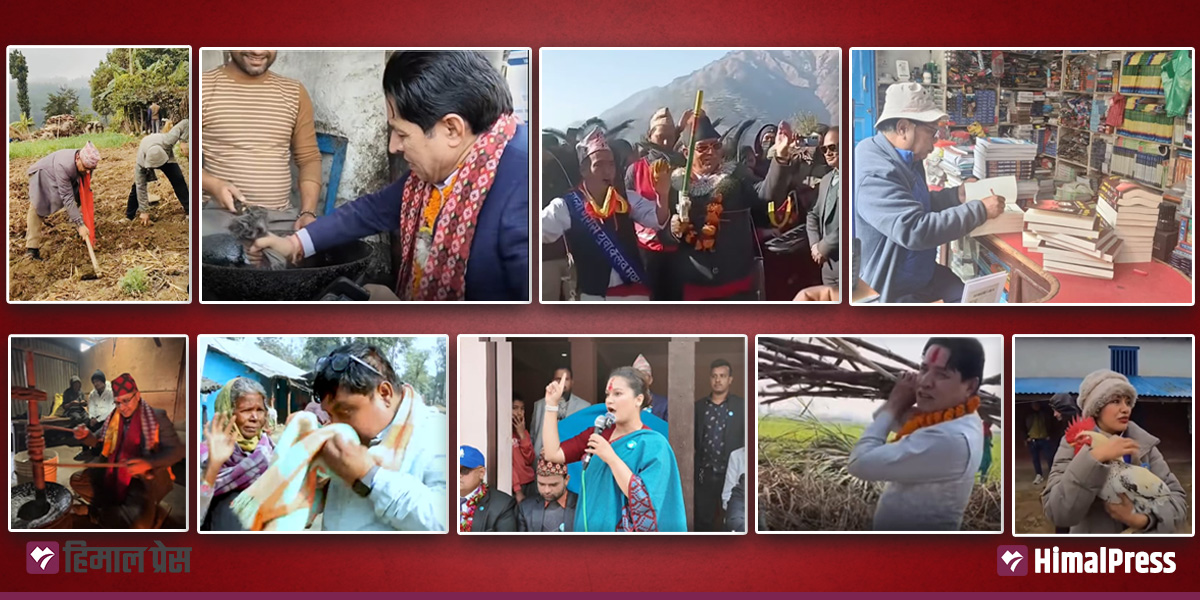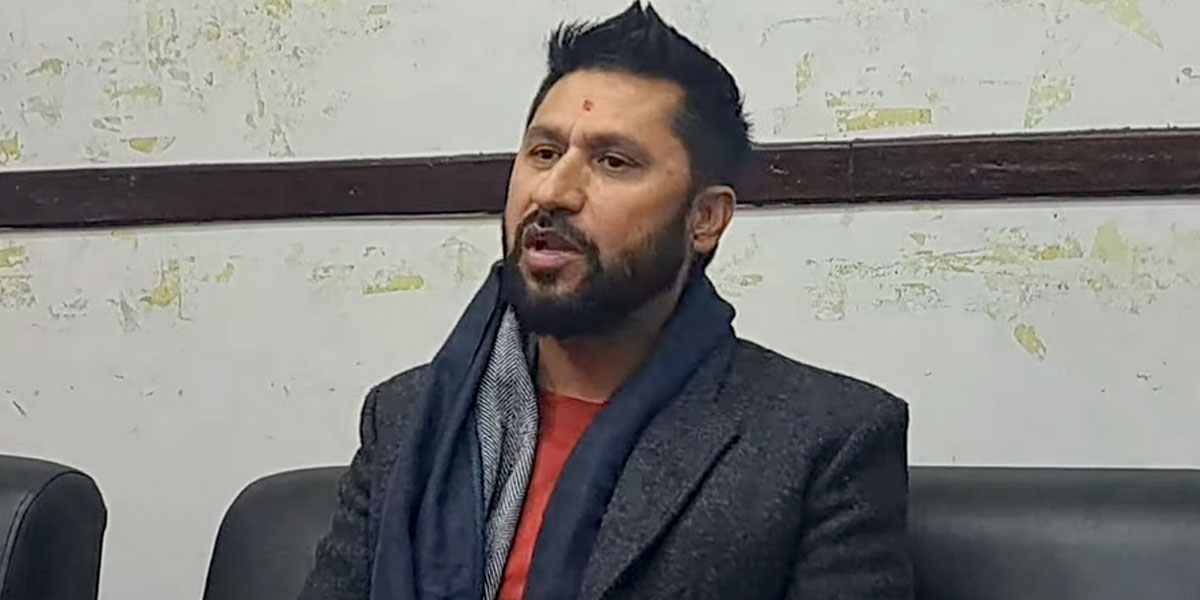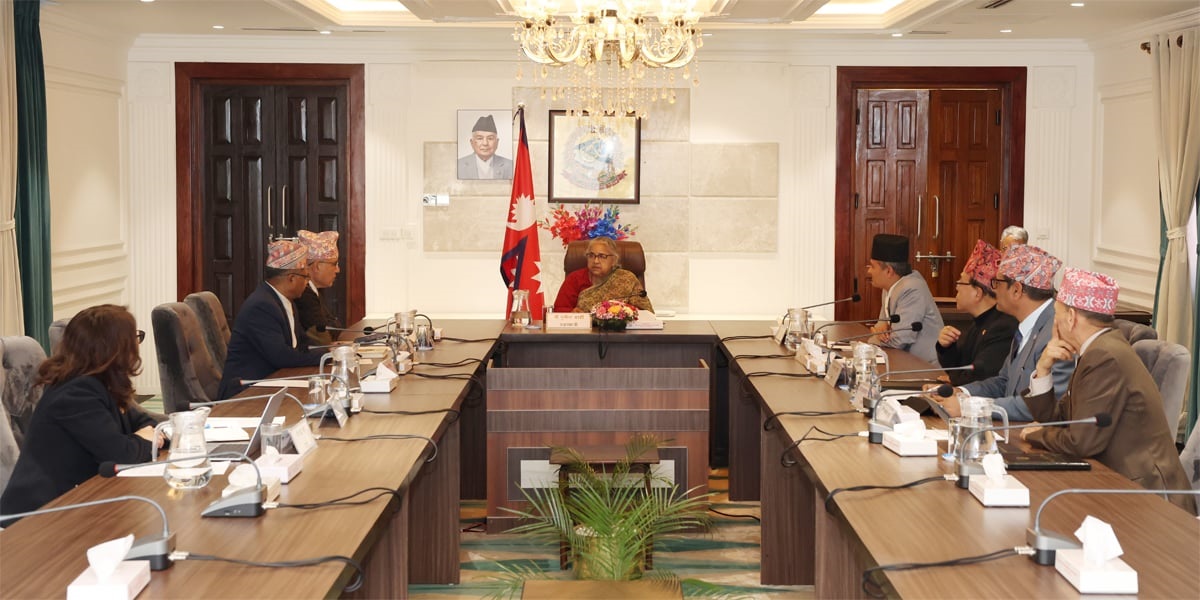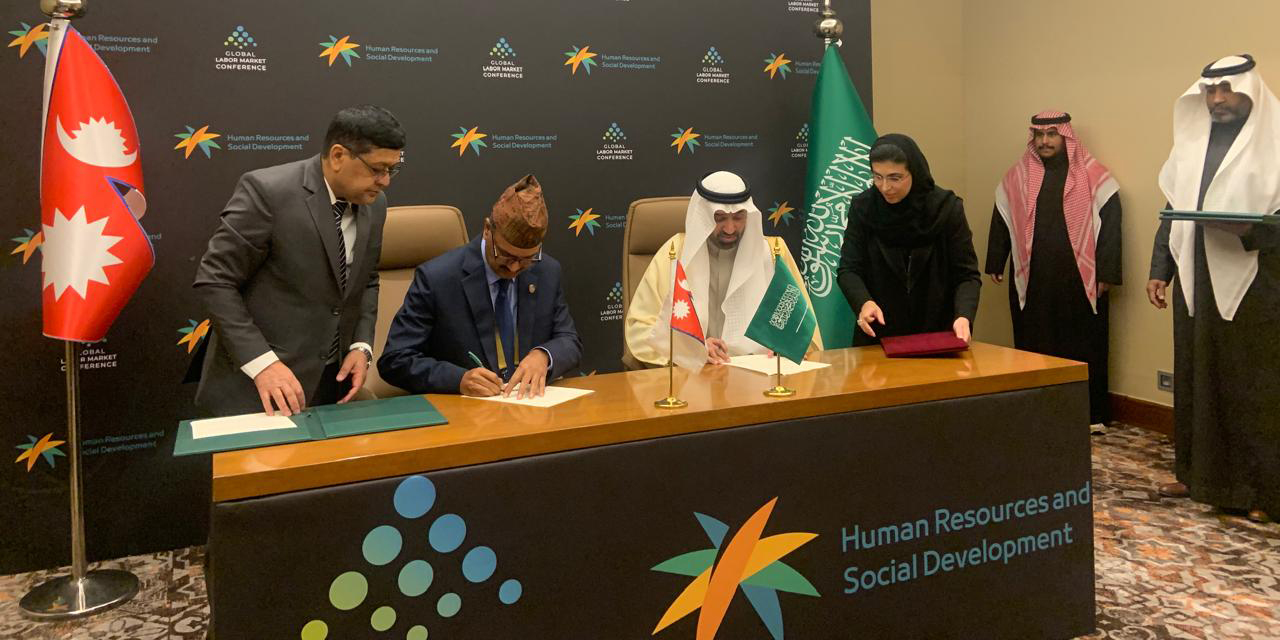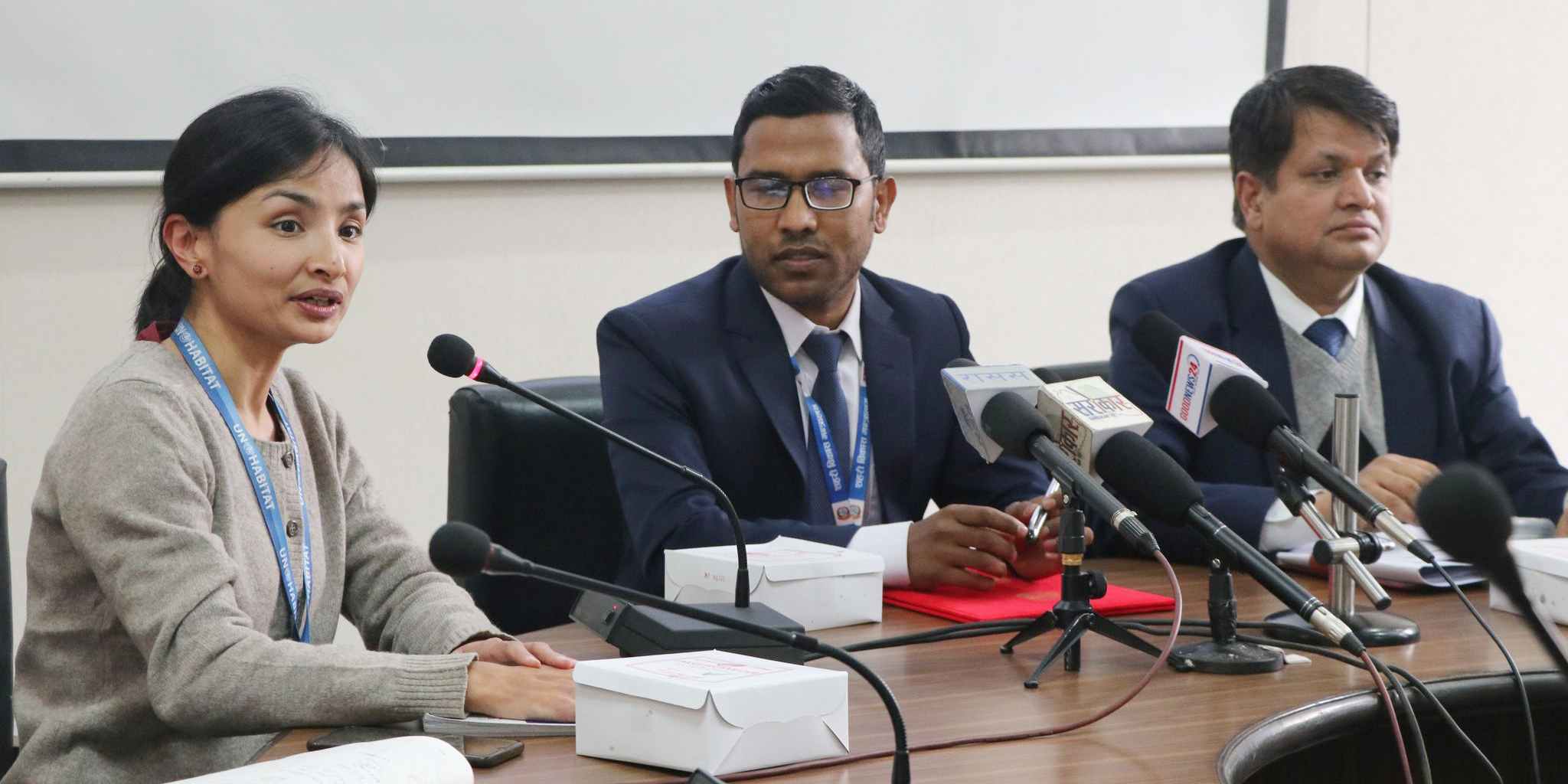
KATHMANDU: The Ministry of Urban Development is organizing the 5th Spatial Planning Platform with the theme ‘National Spatial Planning for Integrated and Climate Resilient Urban Development’ in Kathmandu on February 2-3.
The Ministry of Land Infrastructure, Transport and Tourism (MLIT), the Government of Japan, and the UN-Habitat Regional Office for Asia and the Pacific, Japan are supporting the event.
The Spatial Planning Platform was established by the Ministry of Land, Infrastructure, Transport and Tourism (MLIT), the Government of Japan and UN-Habitat’s Regional Office for Asia and the Pacific in 2018 as a network of stakeholders aiming to achieve the formulation and implementation of more effective spatial plans, at all the territorial levels.
High-level officials and experts from 14 different countries – Bhutan, Bangladesh, Cambodia, Indonesia, China, India, Japan, Mozambique, Malaysia, Philippines, Sri Lanka, Uganda and Vietnam – are participating in the event.
“These governments are facing challenges in developing national and sub-national spatial planning policies and instruments due spatial, demographic and economic shifts, increasing natural disasters, climate change and other challenges,” the ministry said in a statement, adding that the conference will give insights about how stakeholders are considering, developing and rolling out adequate responses to these challenges to achieve green, sustainable, resilient, and inclusive cities and communities.
Minister for Urban Development Bikram Pandey is scheduled to inaugurate the event.
The first day of the event will feature two technical sessions focused on spatial planning experiences for strengthening national land/urban systems in different governance structures and spatial planning and territorial approach also for climate change adaptation. The participating countries will share their cases, knowledges and experiences by discussing various strategies and best practices they have implemented, according to the statement.
“The second day will include poster presentations, brainstorming studio on Nepal and case study sessions, where participants will engage in hands-on learning and share best practices,” it added.

 Himal Press
Himal Press 